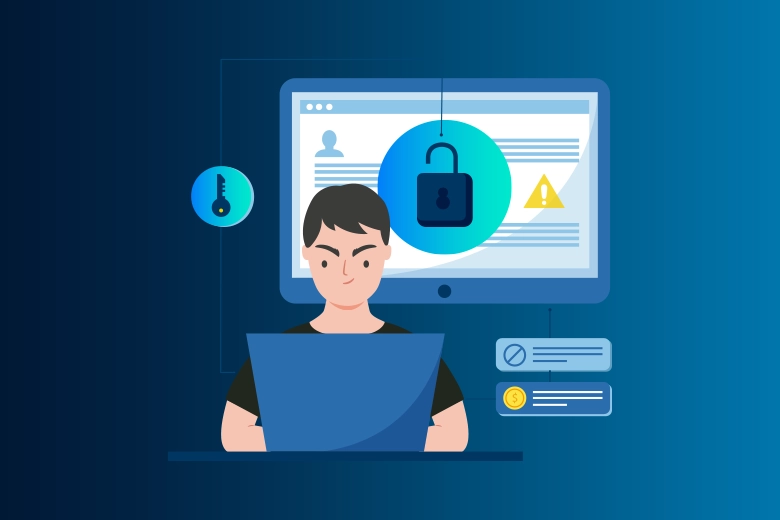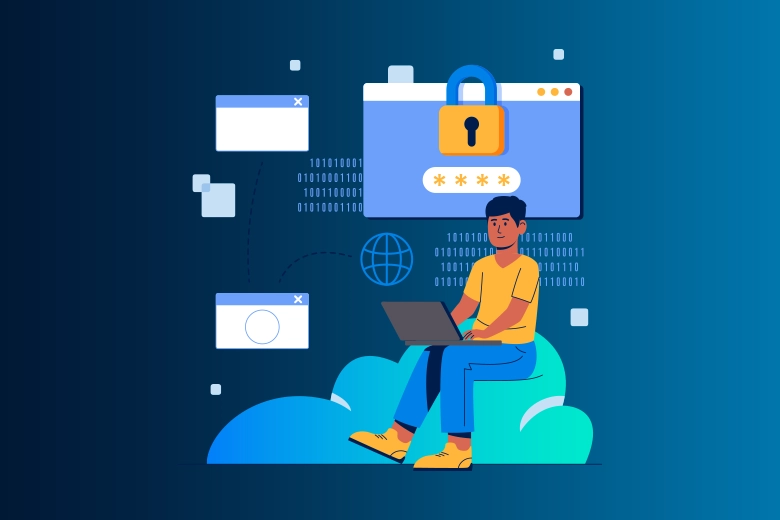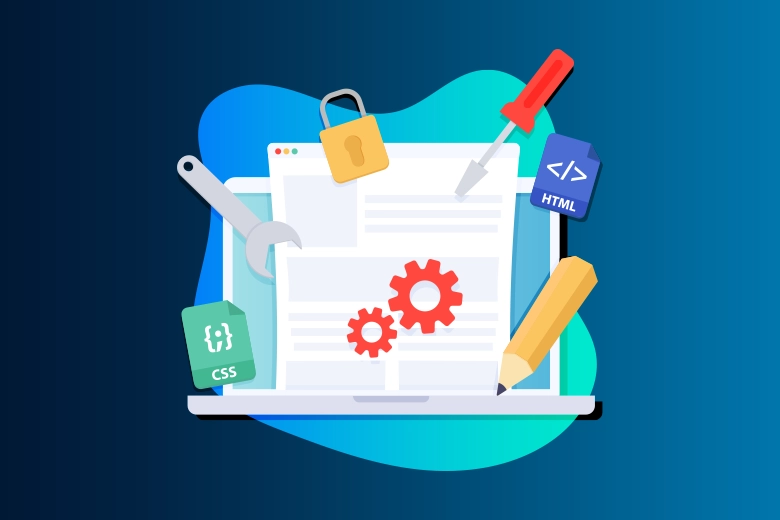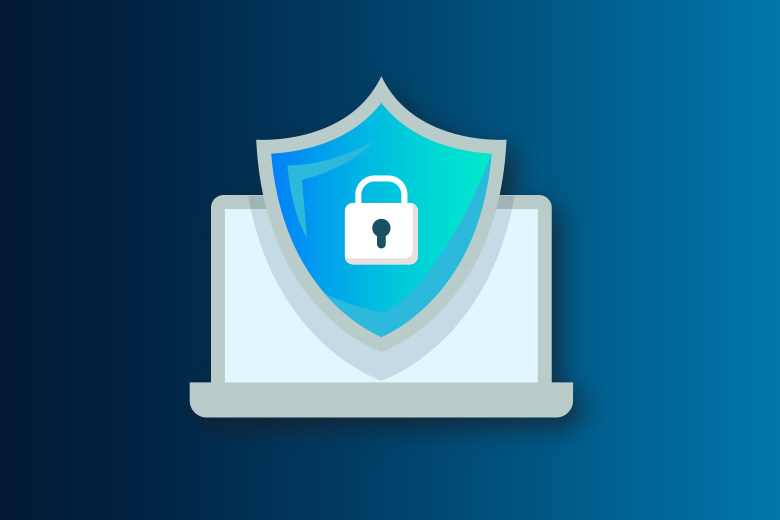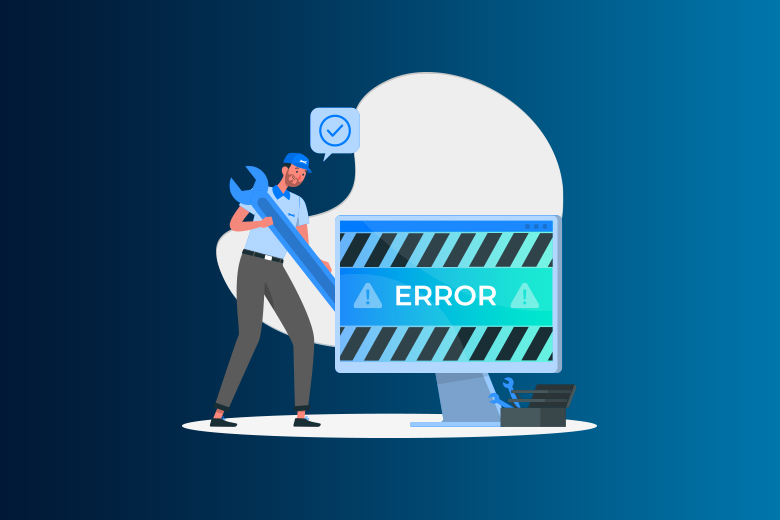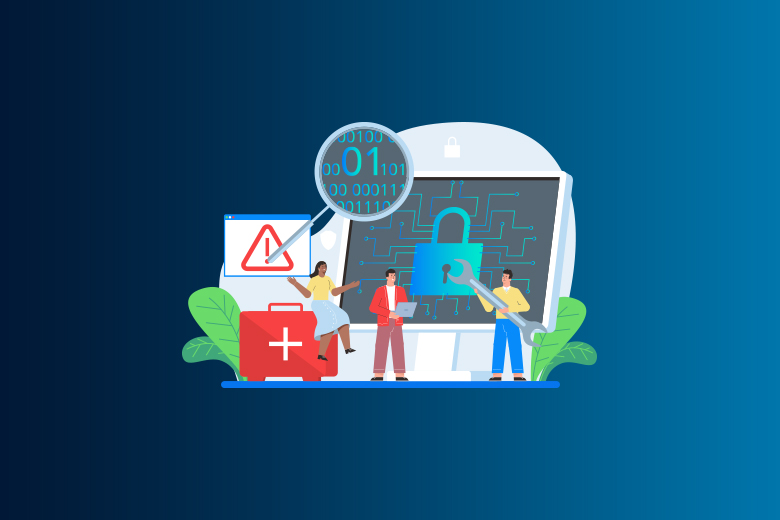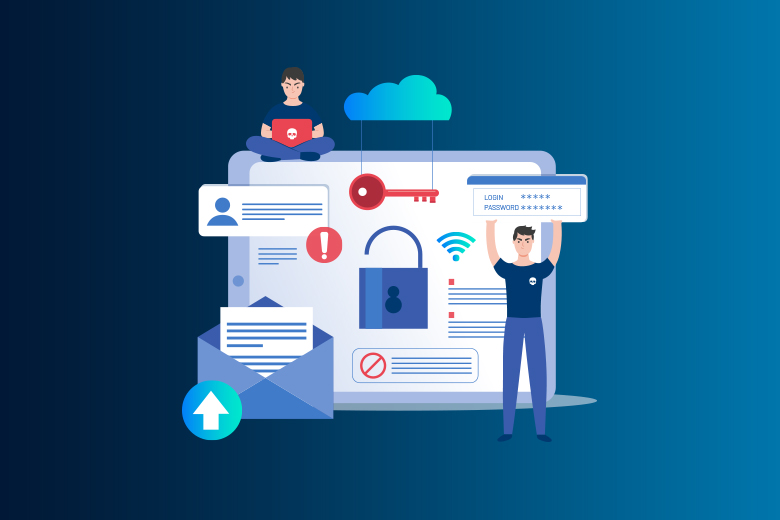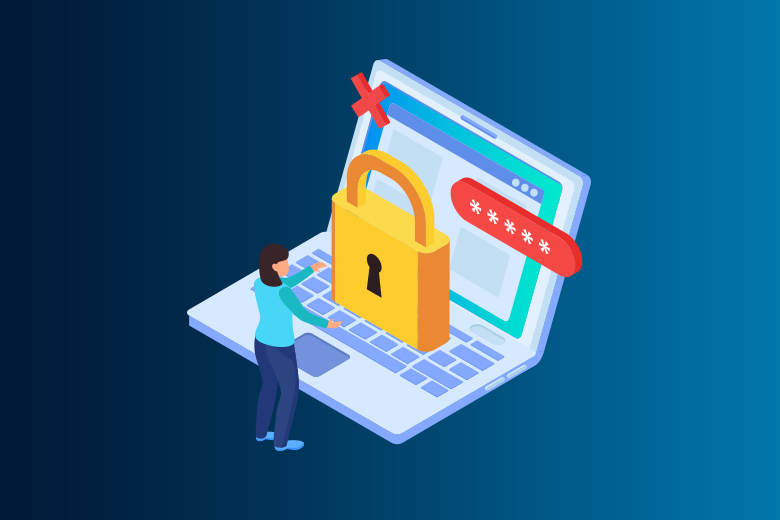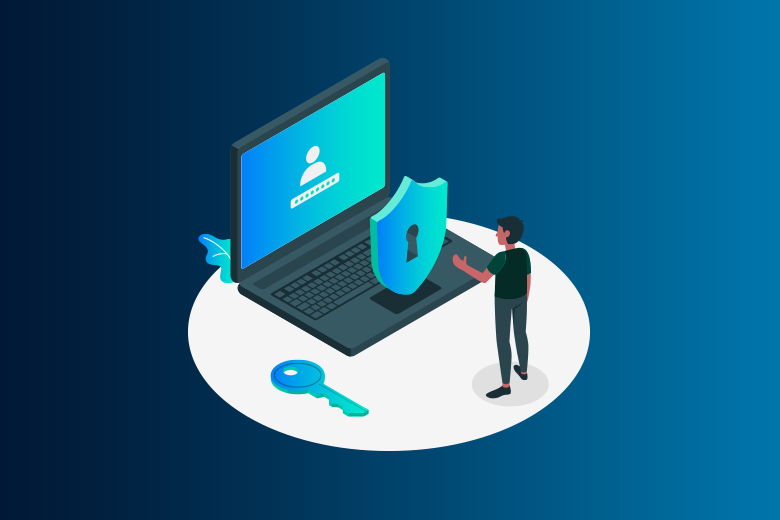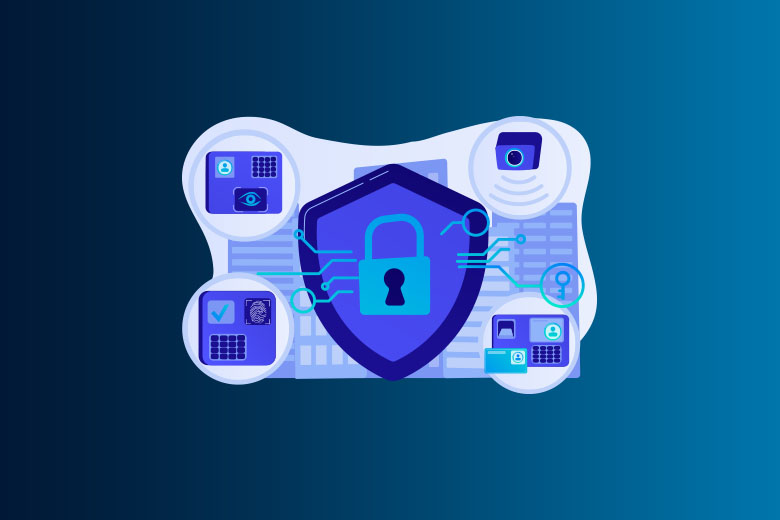15 April 2024
SafeAeon Inc.The digital world is always changing, so it's important to keep an eye on data safety. The General Data Protection Regulation (GDPR) is one of the most important laws for protecting users in the European Union (EU). It tells businesses how to handle personal data. It can feel like walking an edge when dealing with GDPR because of the heavy fines that are coming for not following the rules. The GDPR audit is a methodical check that is meant to find and fix any possible holes in the way you handle data.
You should put a GDPR check on your list of things to do because:
- The Cost of Not Following the Rules: An interesting study by IBM found that the average cost of a data breach in 2023 was an amazing $4.35 million [source needed]. The fines for not following GDPR rules can be up to €20 million or 4% of a company's global annual turnover, whichever is bigger. This makes the stakes very clear. You can avoid being caught off guard by a GDPR audit, which could also save you a lot of money.
- Being open and honest builds trust. In today's data-driven world, people are becoming more and more wary of how their personal data is used. "Honesty is the best policy," as the saying goes, and a GDPR audit shows that you care about data privacy. You can show your buyers that you value their trust by going through a thorough evaluation. Being honest can help you build a loyal customer base and a good image for your brand.
- This is very important: As the saying goes, "an ounce of prevention is worth a pound of cure." In order to keep problems from getting worse, a GDPR audit can find holes in the way you handle data before they become big problems. It's like a fire drill for your data; it shows you where the weak spots might be so you can fix them before there's a real fire.
- Knowledge is Power: The GDPR can be a hard law to understand, with lots of small details and changing meanings. One of the best ways to learn more about how compliant you are with GDPR is to have an audit done. Now that you know these things, you can make smart choices about how to handle data and make the necessary changes.
- Priceless Peace of Mind: Working with the constant fear of not following the rules hanging over your head can be stressful. On the other hand, peace of mind comes from a GDPR audit that goes well. You can focus on your main business tasks with confidence if you know that your data methods are up to par.
By doing GDPR audits ahead of time, you can make sure that your company is ready to handle the constantly changing data privacy situation. Do not wait until the authorities show up; instead, take action and set up your GDPR check right now.
What do you need to do before you can do a GDPR compliance audit?
To do a full audit, you need to know where your data is stored, why you have it, and how it fits with GDPR. You also need a list of all the third-party data exchanges, a list of all the people who have access to data and what their jobs are, and knowledge of how data is processed.
Understand the GDPR:
The General Data Protection Regulation (GDPR), which went into effect in May 2018, is a landmark law that aims to make all data protection rules in the European Union (EU) the same. At its core, the GDPR aims to give people more power by giving them more control over their personal data and making it very hard for businesses to handle that data without following strict rules. For a better understanding of why and how important it is to do a compliance audit in your company, learn about the basic rules and requirements set out in the GDPR.
Assessing the Collection and Processing of Personal Data: Before you start a compliance audit, you need to take a close look at how your company collects and uses personal data. This includes naming the different kinds of data that are collected, knowing the legal reason for processing each type, and making clear what these data are used for. When handling personal data, it's very important to make sure that it's done legally and that people give their permission when needed.
Reviewing Data Security Measures: Making sure that your company has strong data security measures is a key part of GDPR compliance. This means taking a close look at how access is controlled, how data is encrypted, and the rules that guide how data is stored right now. To protect personal data from threats like unauthorized access, data loss, or breaches, it's important to make sure that both technology and organizational safeguards are working well.
Looking at Data Subject Rights: One of the main ideas behind the GDPR is that people should be able to exercise their rights when it comes to their personal data. As part of your compliance audit, you need to look at how your company handles and reacts to requests from data subjects. People may ask for rights like access to personal data, fixing mistakes, deletion of information, and making it easier to move data between devices. Setting up streamlined processes makes sure that these kinds of requests are answered quickly and correctly within the time limits that have been set.
Reviewing Data Processing Agreements: It is very important to carefully read data processing agreements when your company hires third-party operators to handle personal data. It is very important to make sure that these deals follow the strict rules set out in the GDPR and that there are enough security measures in place to protect the data you give to these processors.
Running training and awareness programs inside the company: A big part of following GDPR is making sure that everyone in your company is aware of and understands the rules. It is important to find out how much your workers know about GDPR rules and best practices. You might want to hold focused training sessions and awareness programs to teach employees about their roles, responsibilities, and the possible consequences of not following the rules.
Documenting Compliance Efforts: One of the most important parts of GDPR compliance is keeping detailed records. Writing down policies, processes, risk assessments, and audit reports not only shows that your company is committed to following the rules, but it also makes things clear and holds people accountable. These written attempts show that you are trying to follow the rules and are very helpful when you talk to the people in charge of regulations.
How should you go about doing a GDPR compliance audit?
Start by having clear goals in mind. List all of your organization's data and explain where it is kept, what it's used for, who can view it, and how it is processed. Check to see if third-party interactions are in line with GDPR. Check how private data is accessed and processed, and if necessary, make changes with IT. Think about what you did after the audit and make a plan for putting it into action.
What does a thorough GDPR compliance check look like?
How do you hire a Data Protection Officer (DPO)? What do they do?
A DPO is an internal watchdog that makes sure GDPR rules are followed. They are in charge of processing data, working with engineers on privacy technology, communicating with regulators, and leading internal reviews after a breach. As the ones in charge of compliance policies, they make sure that staff understands them and set up training programs to create a mindset of data responsibility.
Conclusion
To get through the GDPR audit process, you need to know a lot about compliance measures. To make sure that GDPR rules are followed, it is important to take action. Compliance is important for businesses because it lowers risks, protects data privacy, and builds trust with stakeholders. Regular checks are a great way to see how much compliance there is and find places where things could be better. Adopting a culture of compliance encourages openness and responsibility, making sure that company practices are in line with the law. Organizations can do well in the GDPR audit process if they carefully plan ahead, keep an eye on things all the time, and stick to best practices for compliance. In the end, this method not only lowers the chance of fines but also improves the reliability of data protection efforts, which leads to long-term growth and better image. SafeAeon houses a team of professionals to assure you best cyber security for your organization.

